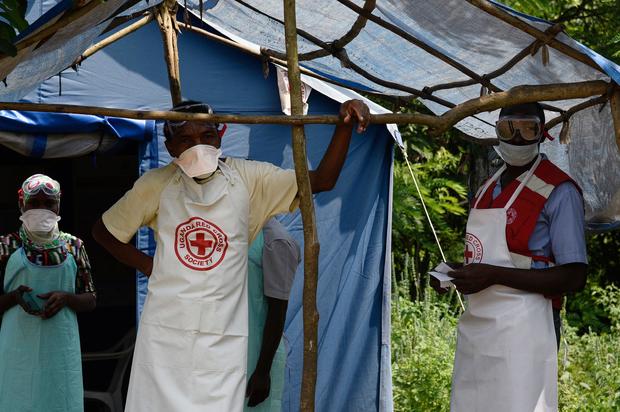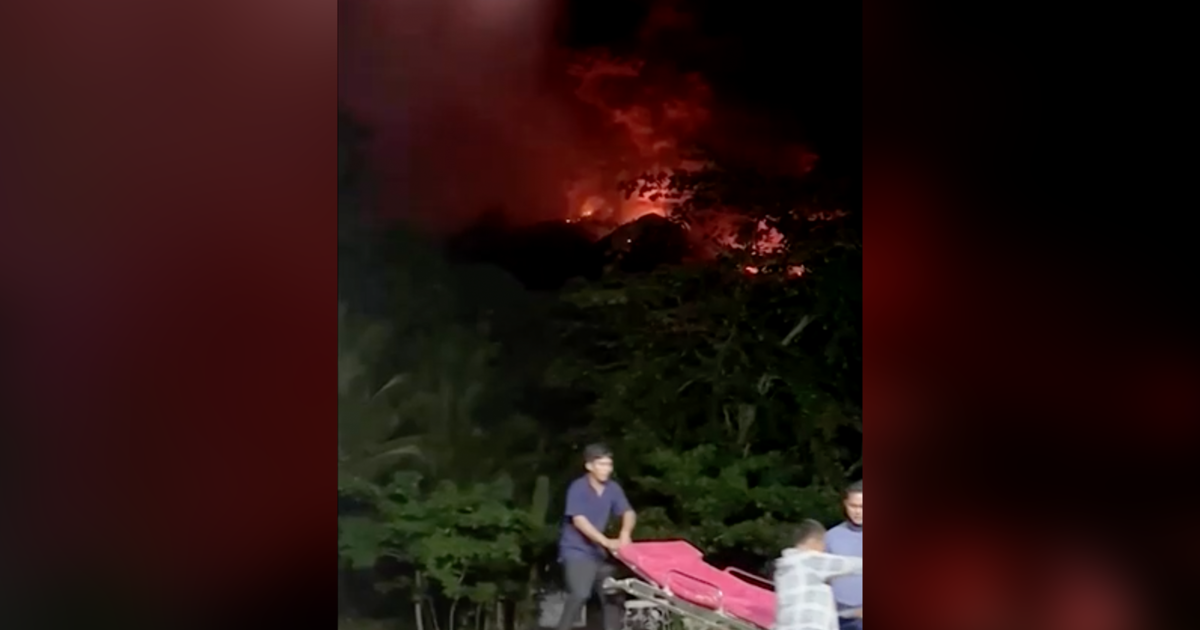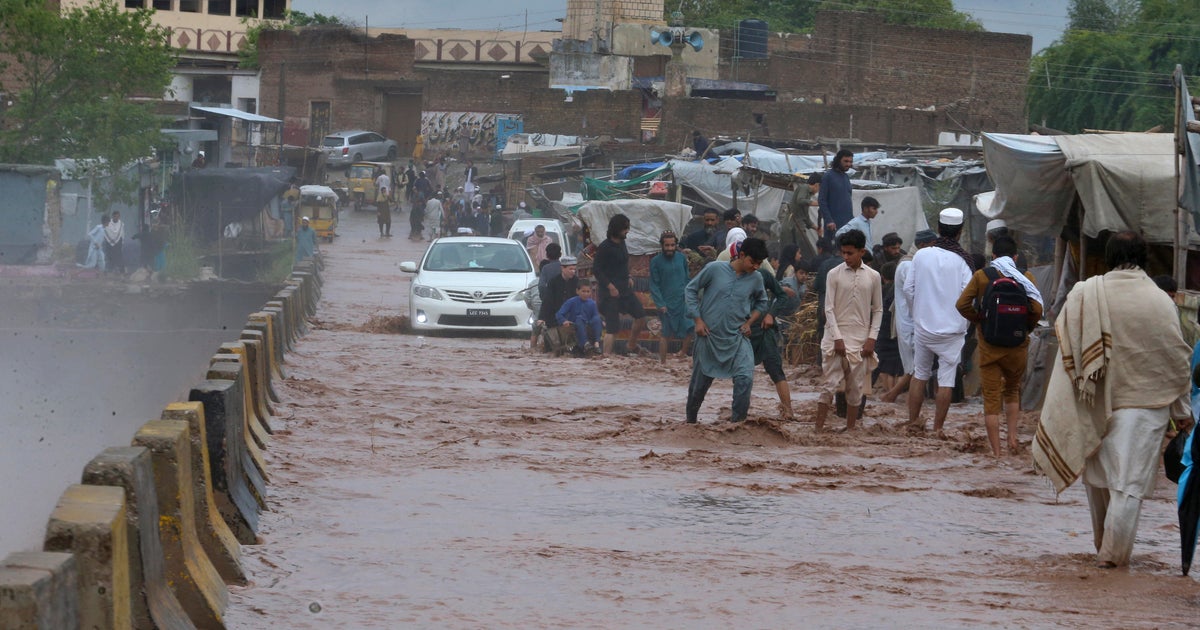Ebola outbreak still not a global emergency, World Health Organization says
Geneva -- The World Health Organization on Friday said the ongoing Ebola outbreak in Congo — which spilled into Uganda this week — is an "extraordinary event" of deep concern but does not yet merit being declared a global emergency. The U.N. health agency convened its expert committee for the third time to assess the outbreak, which some experts said met the criteria to be designated an international emergency long ago.
This outbreak, the second-deadliest in history, has killed more than 1,400 people since it was declared in August. At a press briefing following the meeting, Dr. Preben Aavitsland, the acting chair of the committee, announced that the outbreak is "a health emergency in the Democratic Republic of the Congo" but that the situation does not yet meet the criteria for being declared a global one.
For such a declaration, an outbreak must constitute a risk to other countries and require a coordinated response. The declaration typically triggers more funding and political attention.
Aavitsland said the committee was "deeply disappointed" that WHO and the affected countries have not received the funding needed to stop the outbreak and delivered a blunt message to donors: "Step up."
On Thursday, WHO's emergencies chief acknowledged the agency has been unable to track the origins of nearly half of new Ebola cases in Congo, suggesting it doesn't know where the virus is spreading.
WHO's expert committee has met twice previously to consider the situation in Congo. In April, the agency said the outbreak was of "deep concern" but officials were "moderately optimistic" it could be contained within a "foreseeable time."
"Risk of international spread"
Alexandra Phelan, a global health expert at Georgetown University, said the legal criteria for declaring Ebola a global emergency have long been met, even before the virus reached Uganda.
"I think the declaration should be made tonight," she said. "Given that we are still seeing daily numbers of cases in the double digits and we do not have adequate surveillance, this indicates the outbreak is a persistent regional risk."
Phelan said she was concerned WHO might be swayed by political considerations.
As the far deadlier 2014-16 Ebola outbreak raged in West Africa, WHO was heavily criticized for not declaring a global emergency until nearly 1,000 people had died and the virus had spread to at least three countries. Internal WHO documents later showed the agency feared the declaration would have economic and social implications for Liberia, Guinea and Sierra Leone.
"It's legitimate for countries to raise these concerns, but the basis on which WHO and its emergency committee should be looking at is the risk to public health and the risk of international spread," Phelan said.
A complicated outbreak
The outbreak, occurring close to the borders of Uganda, Rwanda and South Sudan, has been like no other. Mistrust has been high in a region that had never faced Ebola before and attacks by rebel groups have undermined aid efforts.
CBS News correspondent Debora Patta visited the epicenter of the outbreak in Congo in late May, and said the country's quarter-century-old civil war, and the violence and mistrust it has unleashed, were clearly disrupting efforts to contain the disease. Treatment centers have often been attacked by the myriad militia groups that operate in the region, and many locals were either too scared or too suspicious to seek medical assistance there.
Outreach programs were launched to educate people about Ebola, but Patta said mistrust runs deep in the community, and many people didn't even consider Ebola as big a problem as security.
Dr. Bill Clemmer, with the non-profit IMA World Health, has worked in the DRC for more than two decades and partnered with USAID to help with previous Ebola outbreaks.
"I have never been in a context where people throw rocks at our vaccination team, where they block roads, where they loot and pillage our health care facilities," he said.




